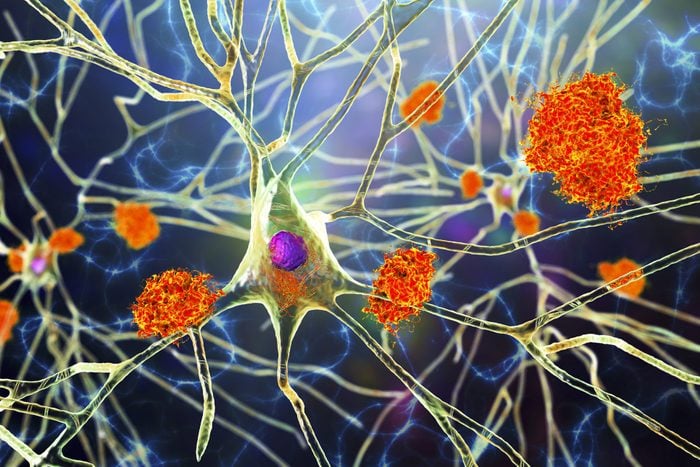
More than 6 million Americans of all ages have Alzheimer’s disease, and every 67 seconds, someone in America develops Alzheimer’s—this, according to Alzheimer’s San Diego, a 501(c)3 nonprofit organization. It is estimated that nearly 500,000 new cases of Alzheimer’s disease will have been diagnosed by the end of this year—but despite the prevalence of the illness, there are many misconceptions a lot of Americans maintain about signs or risks for developing Alzheimer’s.
That’s natural, as Alzheimer’s disease can seem frightening, confused, isolating, and right now, cases are poised to rise significantly in the coming years. The Alzheimer’s Association suggests the number of older adults ages 65 and up with Alzheimer’s is projected to grow to 12.7 million by 2050. Of course, medical breakthroughs to prevent or cure Alzheimer’s disease are sure to continue to emerge, but this figure helps convey the reach of this neurodegenerative disease.
As a doctor of gerontology with a research focus on dementia family caregivers and in-home respite care, as well as the gerontologist for the in-home senior care service Home Instead, I’m passionate to share some facts and clear up common misconceptions about Alzheimer’s disease.
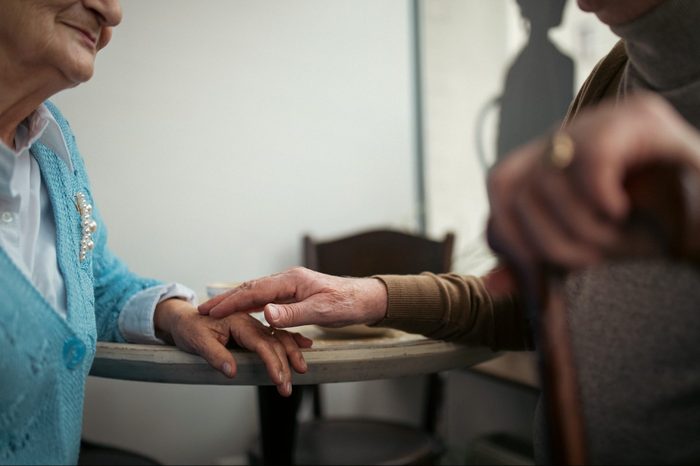
1. Memory loss and getting Alzheimer’s is a part of aging
As we age, our brains and bodies change. It’s normal to have occasional memory problems, but Alzheimer’s is more than occasional memory loss.

2. Only older people can get Alzheimer’s
While it is less prevalent, Alzheimer’s can impact people in their fifties, forties and even thirties. An estimated 200,000 people younger than age 65 live with younger-onset (also known as early-onset) Alzheimer’s, according to the Alzheimer’s Association.
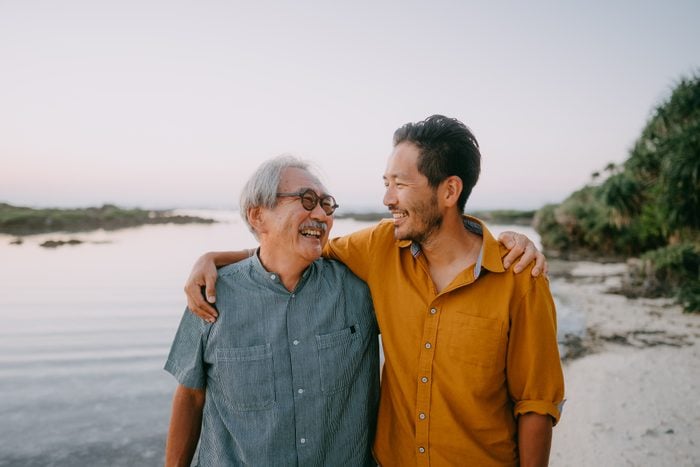
3. I will develop Alzheimer’s disease if my parent has it
Just because a biological parent has Alzheimer’s does not mean that their children will develop it. Several variables beyond genetics play a role in the development of the disease. Environmental and lifestyle factors also affect a person’s risk.
Although we don’t yet know how to prevent Alzheimer’s, it’s important to practice healthy habits, such as exercising regularly and eating a balanced diet.
New Study: This Hot Beverage May Delay Onset of Alzheimer’s Disease
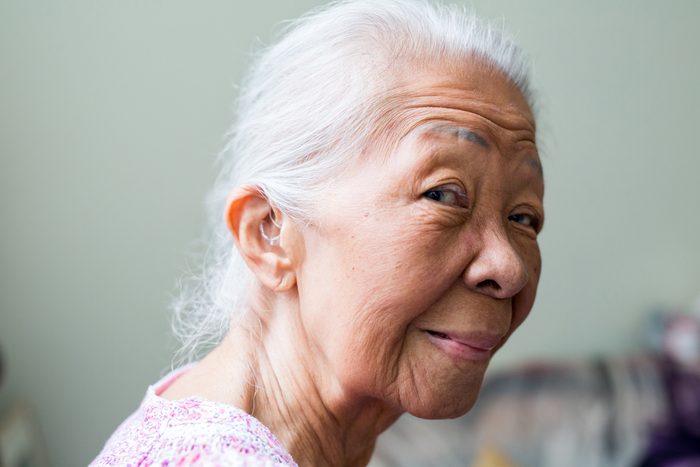
4. People with Alzheimer’s don’t know what’s going on around them
An individual with Alzheimer’s may become more easily confused or disoriented, but they are often in tune with their surroundings. It is important never to talk about the person in front of them or assume they don’t understand.
Adjust your communication style to use simple language and provide extra time for responding. Offer corrections as suggestions, and avoid explanations that sound like scolding.
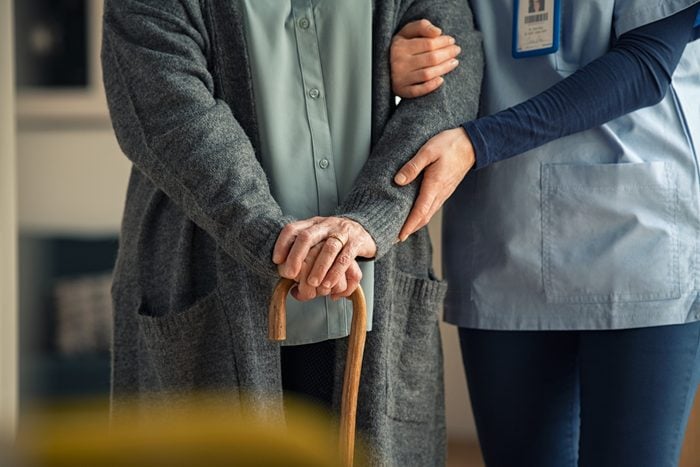
5. An Alzheimer’s diagnosis means life is over and a facility is required
A quality life can be maintained despite a diagnosis. According to the CDC, 80% of Alzheimer’s care is provided in the home, not a facility. People living with dementia can still plan ahead, make goals for the future and explore new hobbies.
- New Study: Couples Need These 5 Traits in Common for a Relationship To Last
- Ice-T Opens Up About His Health, the Drink He Gave Up for Good, and His Unexpected Deal with Dr. Dre
- Over 60 or Pregnant? Then You’ve Got To Know About This New Vaccine, Say Doctors
- Here’s How You Can Get Rid of a Double Chin, Say Aesthetic Surgery Experts